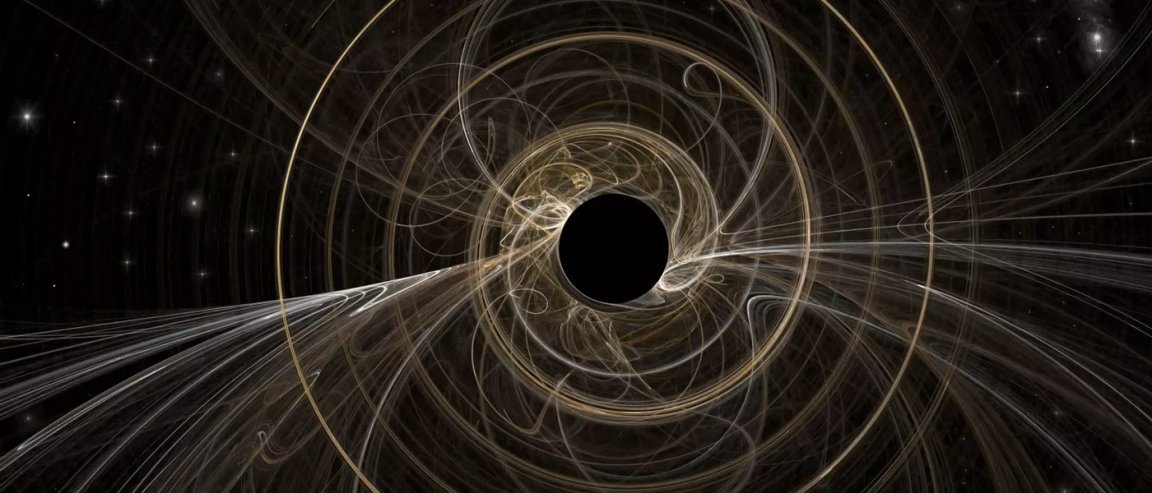
Black hole: Not Black, And Not A Hole
There’s a lot in our universe we don’t completely understand, such as dark matter and dark energy. Indeed, in the bizarre world of quantum physics, ideas are constantly shifting and changing regarding the true nature of the (somewhat mysterious) forces that govern our universe.
This is what’s happening now in the debate over what black holes really are.
Renowned theoretical physcist Stephen Hawking has previously stated that, given enough time, black holes will evaporate. And now, a new calculation by a team of theoretical physicists supports the idea that black holes are not even holes at all—that they are flat, two-dimensional holograms projecting a three-dimensional illusion.
Interestingly, this comes shortly after reports of a behemoth black hole, 600 million times the mass of the Sun was uncovered.
The math is right.
The new model makes sense of the inconsistencies between Einstein’s theory of gravity and quantum physics, particularly the black hole information paradox. If the previous belief that everything a black hole absorbs gets destroyed is true, then it clashes with the theory that information, like energy, cannot be destroyed.

Physicists suggest that the reason we can’t understand what a black hole is, is because we’re trying to make sense of it in a three-dimensional perspective. Some advocate that black holes have no insides and that everything that a black hole allegedly sucks in is actually just stuck on its surface, with all the information preserved until the radiation emissions or Hawking radiation leaks it back out into space.
Physicist Daniele Pranzetti from the Max Planck Institute for Theoretical Physics in Germany and her team came up with calculations consistent with this idea using an approach called Loop Quantum Gravity (LQG).
“We were able to use a more complete and richer model compared with what [has been] done in the past … and obtain a far more realistic and robust result,” says Pranzetti. “This allowed us to resolve several ambiguities afflicting previous calculations.”
While there is currently no way to definitely prove (or disprove) the idea, this might help theoretical physicists generate more models to cross-check with the hypothesis. For now, only one thing is absolutely certain: Quantum physics is very strange.